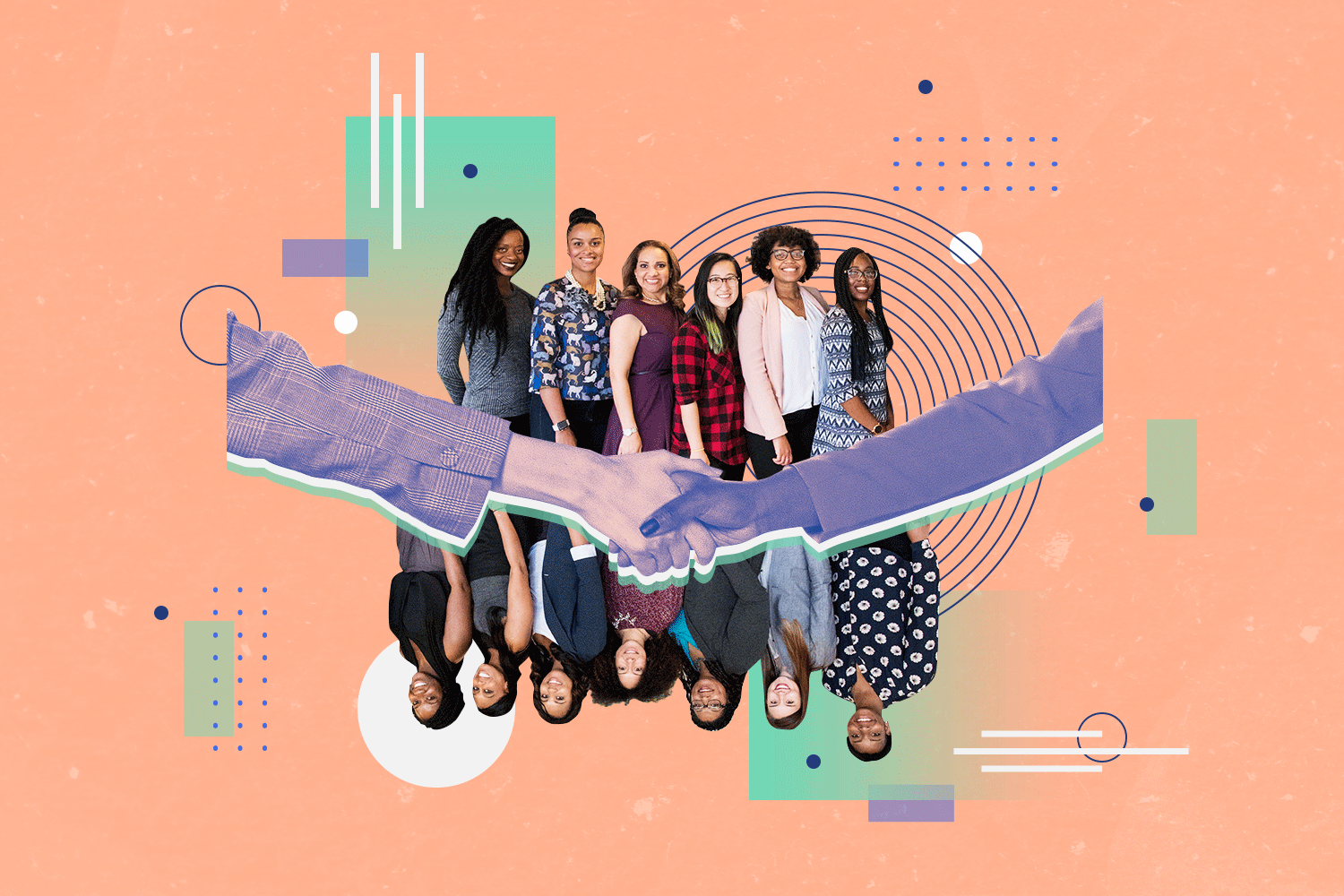“Looks Like Me”: How Diversity and Inclusion Will Do More for the Field
By: Marilyn Alexander, Development Officer, New York-Presbyterian Hospital
Over the last three years, in the wake of George Floyd and other ongoing current events, I have participated in a number of conversations about why diversity in philanthropy and fundraising is important. Time and time again, it has been established that diversity and inclusion create access to new networks, broaden an organization’s reach, and increase its chances of success in donor engagement and retention. Diversifying fundraising teams leads to more understanding, as well as better and broader perspectives in donor-engagement strategies. But has anyone thought of how it can also help promote fundraising as a valid career choice to the next generation of philanthropists while attempting to attract more diverse and inclusive talent?
Having grown up as a first-generation American in an immigrant household, the only career options I knew of were the “traditional” ones of doctor, lawyer, or nurse, as these were the professions that were most popular with others who “looked like me.” Part of their popularity status was due to the promises of job security and financial stability, two things that were highly valued amongst members of my ethnic community. The thought, “When I grow up, I want to become a professional fundraiser,” never crossed my mind. That’s because I did not even know it was a career option, especially since I did not see or know of anyone who “looks like me” sitting at that table.
No one told me it was a career option, especially for someone who looks like me.
A career in philanthropy only became an option after I dropped out of law school to pursue my master’s degree in international affairs/global economic development in New York City. To afford a social life in the city, I was forced to juggle two part-time jobs, one of them as a student caller for my university’s annual fund phonathon. It was a very rewarding position. I looked forward to each and every single shift when I could connect with alumni of my program and get advice about career options post-graduation. However, I never thought it would be what led me to my career today. In the middle of the third semester of my program, during one of my shifts, my supervisor and I were talking about career aspirations. She asked me if I had ever considered entering a career in fundraising. When I replied no, she asked, “Why not?” I simply replied, “No one told me it was a career option, especially for someone who looks like me.”
Throughout middle and high school, as well as in college, I attended various career fairs and informational panels, some of which were specifically targeted at women and BIPOCs. Panelists hailed from professions such as engineering, law, and the health sciences, but never was there an individual to speak to targeted audiences about the wonderful field that we all belong to. There was no one to present the idea of embarking on a career in fundraising and philanthropy or how rewarding and fulfilling it would be on so many levels. No one was there to present another option for all those individuals who “look like me”: one that also provides plenty of job opportunities and career growth, which also leads to financial stability.
While I cannot go back in time and change history, instead of focusing on the perhaps of what could have been, maybe I can help the next generation.
If there had been a fundraising professional at one of those career fairs, perhaps I would have saved myself the time, energy, and money spent stressing and agonizing over the Federal Rules of Civil Procedure and embarked on a career path that I am excited to be on. While I cannot go back in time and change history, instead of focusing on the perhaps of what could have been, maybe I can help the next generation. I can be one who paves the way for other individuals who “look like me” to pursue a “non-traditional” career that is just as important and meaningful as a “traditional” one. This, in turn, can lead to an even wider, more talented, and more diversified pool of fundraisers and philanthropists who all share the same mission at the end of the day—to make the world around us better for future generations.
Now is the time for us to take a stance to “do better, be better” and spread the word of what a career in fundraising and philanthropy is to those who “look like me” and may not even know of it as an option. Let’s not just focus on diversity and inclusion when it comes to how we can better engage and retain a broader donor base. Let’s also place importance on what we could potentially be doing for the future of our field.
Marilyn Alexander, Development Officer at New York-Presbyterian Hospital
Marilyn Alexander is a Development Officer at NewYork-Presbyterian Hospital. Marilyn has been working in fundraising and philanthropy since 2014. Prior to embarking on a career in philanthropy, Marilyn worked as a patent paralegal while trying to pursue a law degree. Marilyn holds a Bachelor of Business Administration from Pace University’s Lubin School of Business and a Master of Arts from The New School’s Julian J. Studley Graduate Program in International Affairs.
Content may not be reproduced without permission of Women of Color in Fundraising and Philanthropy.®



